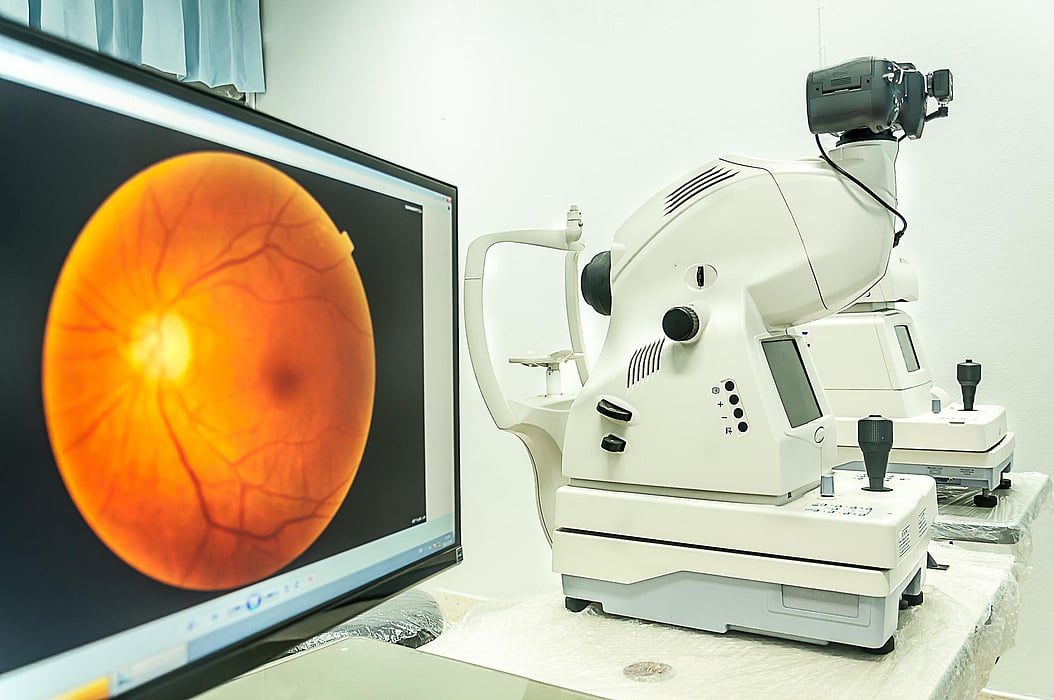Subretinal Drusenoid Deposits Linked to High-Risk Vascular Disease in AMD

FRIDAY, Nov. 18, 2022 (HealthDay News) -- In patients with age-related macular degeneration (AMD), subretinal drusenoid deposits (SDD) are associated with high-risk vascular diseases (HRVD), according to a study published online Nov. 17 in BMJ Open Ophthalmology.
Gerardo Ledesma-Gil, M.D., from the Institute of Ophthalmology Fundación Conde de Valenciana in Mexico City, and colleagues conducted a cross-sectional study involving 200 individuals with AMD (aged 51 to 100 years). Individuals were classified into those with or without HRVD, defined as cardiac valve defect, myocardial defect, and stroke/transient ischemic attack. The association of coexistent HRVD with SDD status was examined.
The researchers found that the prevalence of HRVD was 41.2 and 6.8 percent in the SDD and non-SDD groups, respectively (odds ratio, 9.62). In multivariate regressions, only SDD and high-density lipoprotein (HDL) in the first two quartiles remained significant for HRVD. The presence of HRVD was identified in a multivariate regression model including SDD and an HDL in quartile 1 or 2, with accuracy of 78.5 percent.
"In summary, the strong associations found herein between HRVD and SDDs in AMD subjects warrant validation on larger and varied cohorts, which in turn might lead to inexpensive screening for HRVD in population and eye clinics," the authors write.
Several authors disclosed financial ties to biopharmaceutical companies, including Regeneron Pharmaceuticals, which funded the trial.
Related Posts
Worried About Omicron? Expert Offers Tips on Going Out Safely
https://consumer.healthday.com/b-1-14-worried-abou... Credit: HealthDay
Un 73 por ciento de los casos nuevos de COVID ya son de ómicron, según los CDC
MARTES, 21 de diciembre de 2021 (HealthDay News) -- En un tiempo récord, la...
Tras una muerte, la FDA advierte a los hospitales sobre el riesgo de administrar probióticos a prematuros
MIÉRCOLES, 4 de octubre de 2023 (HealthDay News) - Los reguladores federales...
